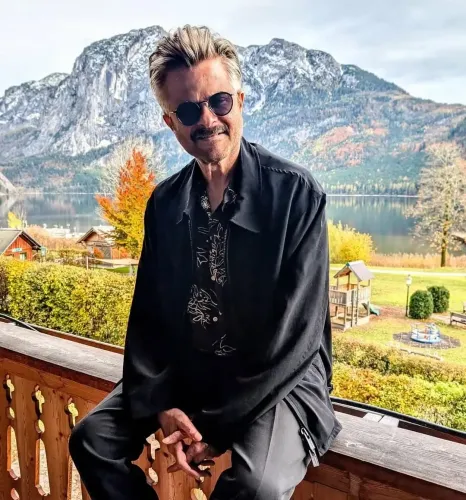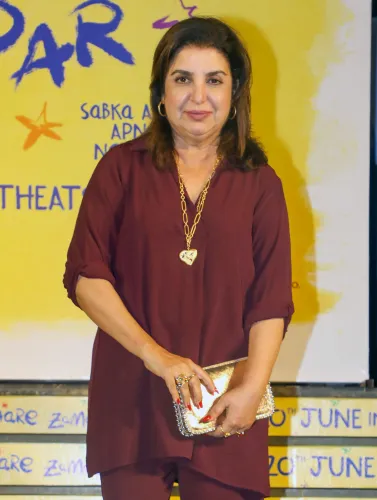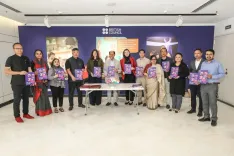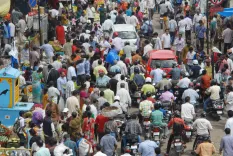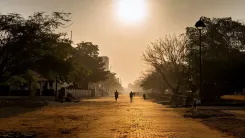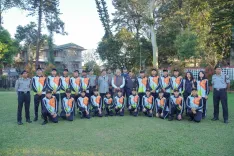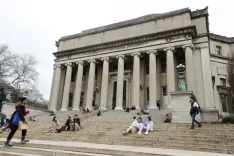Has the Bombay HC Given Rhea Chakraborty Back Her Passport?
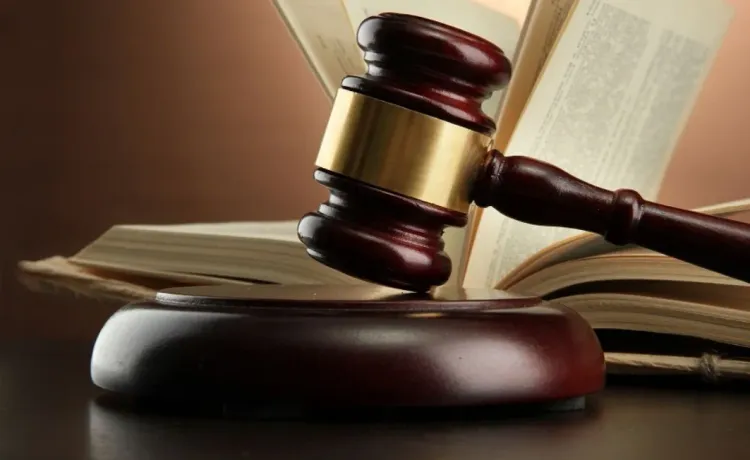
Synopsis
Key Takeaways
- Bombay High Court orders return of Rhea Chakraborty’s passport.
- Conditions include mandatory court attendance and travel notifications.
- Chakraborty argues passport seizure limits her professional opportunities.
- NCB raises concerns about the risk of her absconding.
- Legal representation emphasizes compliance with court mandates.
New Delhi, Sep 30 (NationPress) In a significant development, the Bombay High Court has provided a major reprieve to actress Rhea Chakraborty by instructing the Narcotics Control Bureau (NCB) to return her passport, which was confiscated back in 2020.
The passport was confiscated by the NCB due to its connection with a drugs investigation related to the untimely death of Sushant Singh Rajput, who was Chakraborty’s former partner.
In their ruling, the bench led by Justice Neela Gokhale emphasized that there was no reason to question the actress’s intentions and ordered her passport's return under specific conditions.
Among these conditions, the court mandated that she must attend all hearings unless excused by the trial court.
Furthermore, Chakraborty is required to submit her travel itinerary, including flight and accommodation details, to the prosecution at least four days prior to any international travel.
As part of the conditions for her passport's restoration, the High Court stated that she must share her mobile number, ensure her phone remains operational, and promptly notify the investigative agencies upon her return.
Chakraborty was taken into custody on September 8, 2020, by the NCB in relation to the drugs case linked to Rajput’s demise on June 14, 2020. She was subsequently granted bail on the condition that her passport be surrendered to the NCB.
Recently, she submitted a new request via her attorney, Ayaz Khan, seeking the release of her passport to facilitate professional opportunities abroad.
The actress argued that the seizure of her passport has severely restricted her ability to pursue international work.
Her legal representation contended that Chakraborty has complied with all previous court mandates and intends to maintain this compliance moving forward.
The High Court accepted this request, noting that similar relief had previously been granted to other accused individuals in the case.
While the NCB contested this plea, arguing that as a public figure, Chakraborty should not receive preferential treatment, they raised concerns over the possibility of her absconding after international travel.
The NCB's representative warned that there was a substantial risk that Chakraborty may not return following her overseas trip.

